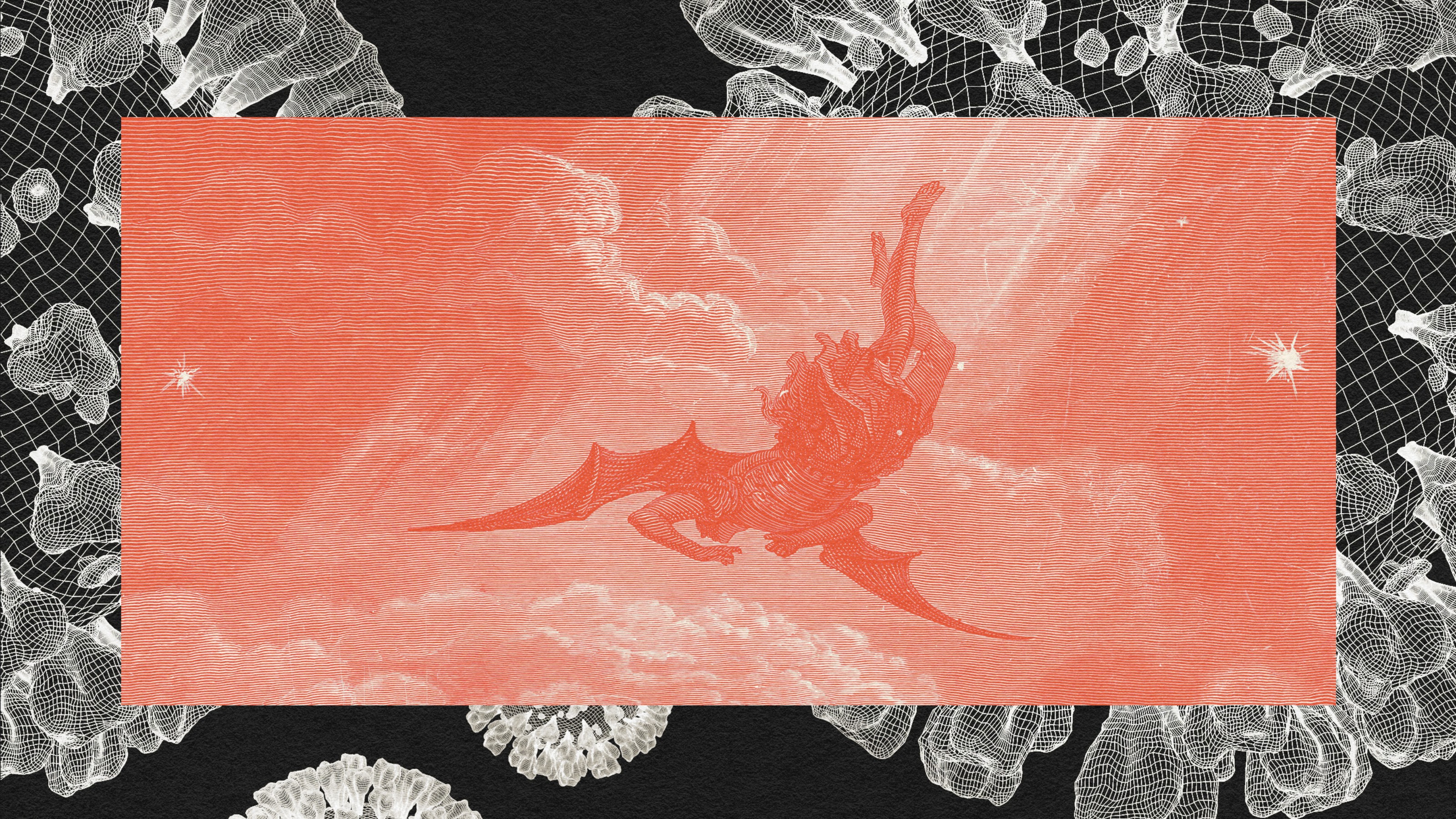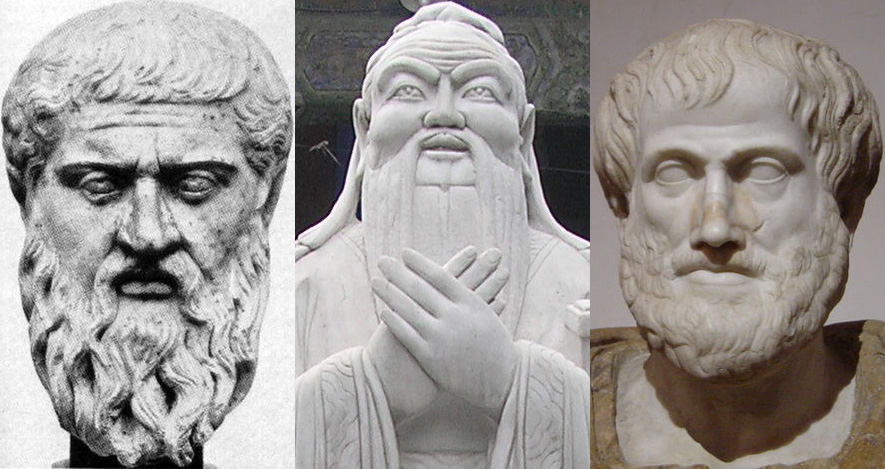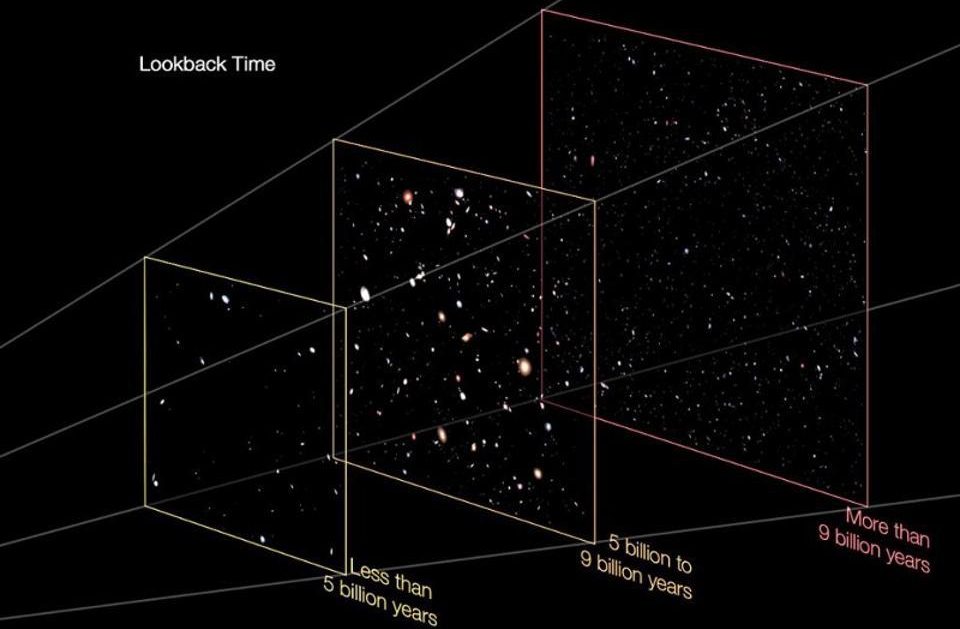Justin Frankel is a computer programmer best known for his work on the Winamp MP3 player (which was sold to AOL in 1999) and the gnutella peer-to-peer file-sharing network, which[…]
Sign up for the Smarter Faster newsletter
A weekly newsletter featuring the biggest ideas from the smartest people
In creating the gnutella network without asking the Web giant that employed him, Frankel was trying to “enable people to do things they want to do,” rather than trying to monetize them.
Question: How did it feel when AOL bought your company?
rn
rnJustin Frankel: It was, it was awesome. They were really rnactually really nice and very... when they came to us they were very rnstraightforward and really like, gave me a lot of confidence in their rnsincerity and their willingness to go and do good things. So, it was...rn I was very excited by it. And then obviously it was life-changing in rnterms of what kind of freedom it would give me going forward financiallyrn and otherwise. But yeah, it was a very good thing. You know. Once we rngot there and you saw some of the internal politics, it was a different rnstory. But, yeah.
rn
rnQuestion: Why did you release gnutella?
rn
rnJustin Frankel: Gnutella was software that allowed people who ranrn it on their computers to connect to other people who run the software. rnAnd once you’re connected, you would be connected to sort of—what’s the rnbest expression—you’d be connected to the people around you who are thenrn connected to other people and so you would have a horizon of people whorn you could... well I’m trying to remember what the feature said rnoriginally it was. But, you could talk to them and you could search rnwhatever files they would make available and transfer files with them. rnAnd what was unique about this was it was a system that allowed people rnto connect directly with each other and as a result, find other people rnand find data that way without having any company or central server in rnthe middle of it. So there would be no... no one to control it, it rnwould just be a sort of free way to connect to people.
rn
rnYeah, and Napster was very successful at that point and they had rnapparent, they had a great deal of computer hardware just dedicated to rnletting everyone connect to them and it was a big expensive operation rnfor them to do. So this was a very simple, a little bit like... when I rnwas designing it, it was very much in my mind that it wasn’t going to rnfunction perfectly. Like, you would never be able to talk to everyone rnelse on these networks, it would always be like, you could talk to the rnpeople nearest you. But it was something you could do and it was rnexciting because it was software that created something much larger out rnof little bits of software and didn't require actually any physical rnhardware, or any service to set up. It was just software that connectedrn people.
rn
rnQuestion: What was AOL’s problem with gnutella?
rn
rnJustin Frankel: Well, I think the biggest the problem they had isrn we didn’t really ask them about it. It was more... and it’s just as rnwell we didn’t, I’m sure if we had they would have said, "That’s a bad rnidea. We really should look at this." And you know, to their credit, rnthey’re probably right. A big corporation like them, that’s not what rnyou need to be doing. You’re job is more how do you monetize people rnrather than how do you enable people to do things they want to do.
rn
rnQuestion: Do you regret what you did?
rn
rnJustin Frankel: No, I think, I think I probably wouldn’t do it rnagain in the same way, but you know, I think what ended up happening wasrn fine and I think it was only good for pretty much everyone involved. rnIt didn’t look good for AOL, but did it end up hurting them? It did notrn move the needle at all. I think they announced the TimeWarner merger rnat that point and so they were doing what they were doing and that was rnthat.
Recorded on June 21, 2010
Interviewed by Jessica Liebman
rn
rnJustin Frankel: It was, it was awesome. They were really rnactually really nice and very... when they came to us they were very rnstraightforward and really like, gave me a lot of confidence in their rnsincerity and their willingness to go and do good things. So, it was...rn I was very excited by it. And then obviously it was life-changing in rnterms of what kind of freedom it would give me going forward financiallyrn and otherwise. But yeah, it was a very good thing. You know. Once we rngot there and you saw some of the internal politics, it was a different rnstory. But, yeah.
rn
rnQuestion: Why did you release gnutella?
rn
rnJustin Frankel: Gnutella was software that allowed people who ranrn it on their computers to connect to other people who run the software. rnAnd once you’re connected, you would be connected to sort of—what’s the rnbest expression—you’d be connected to the people around you who are thenrn connected to other people and so you would have a horizon of people whorn you could... well I’m trying to remember what the feature said rnoriginally it was. But, you could talk to them and you could search rnwhatever files they would make available and transfer files with them. rnAnd what was unique about this was it was a system that allowed people rnto connect directly with each other and as a result, find other people rnand find data that way without having any company or central server in rnthe middle of it. So there would be no... no one to control it, it rnwould just be a sort of free way to connect to people.
rn
rnYeah, and Napster was very successful at that point and they had rnapparent, they had a great deal of computer hardware just dedicated to rnletting everyone connect to them and it was a big expensive operation rnfor them to do. So this was a very simple, a little bit like... when I rnwas designing it, it was very much in my mind that it wasn’t going to rnfunction perfectly. Like, you would never be able to talk to everyone rnelse on these networks, it would always be like, you could talk to the rnpeople nearest you. But it was something you could do and it was rnexciting because it was software that created something much larger out rnof little bits of software and didn't require actually any physical rnhardware, or any service to set up. It was just software that connectedrn people.
rn
rnQuestion: What was AOL’s problem with gnutella?
rn
rnJustin Frankel: Well, I think the biggest the problem they had isrn we didn’t really ask them about it. It was more... and it’s just as rnwell we didn’t, I’m sure if we had they would have said, "That’s a bad rnidea. We really should look at this." And you know, to their credit, rnthey’re probably right. A big corporation like them, that’s not what rnyou need to be doing. You’re job is more how do you monetize people rnrather than how do you enable people to do things they want to do.
rn
rnQuestion: Do you regret what you did?
rn
rnJustin Frankel: No, I think, I think I probably wouldn’t do it rnagain in the same way, but you know, I think what ended up happening wasrn fine and I think it was only good for pretty much everyone involved. rnIt didn’t look good for AOL, but did it end up hurting them? It did notrn move the needle at all. I think they announced the TimeWarner merger rnat that point and so they were doing what they were doing and that was rnthat.
Recorded on June 21, 2010
Interviewed by Jessica Liebman
▸
4 min
—
with





